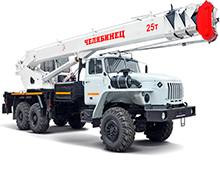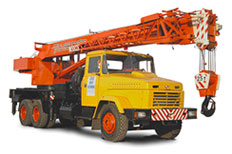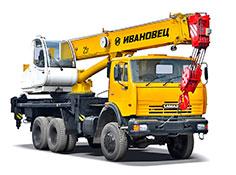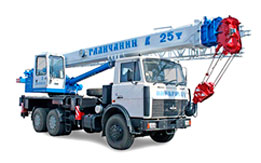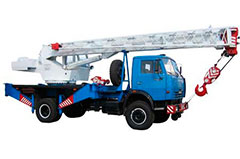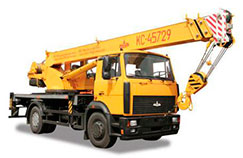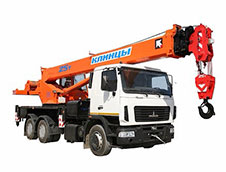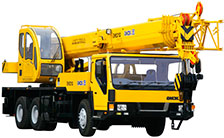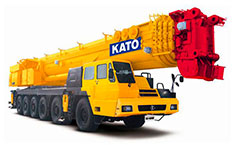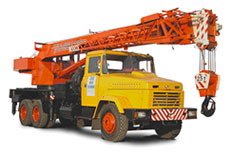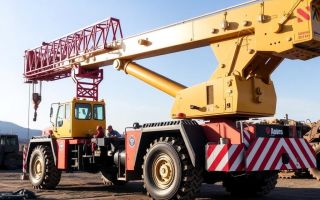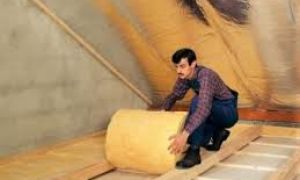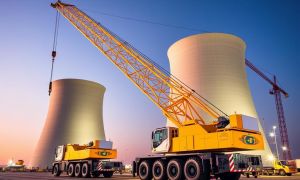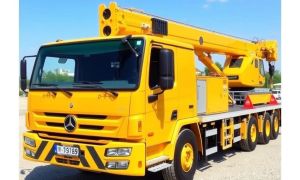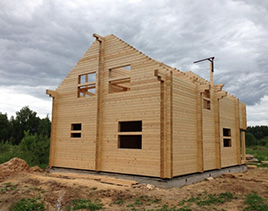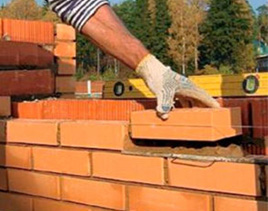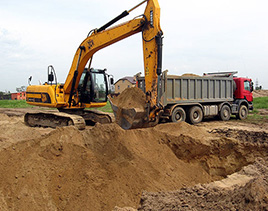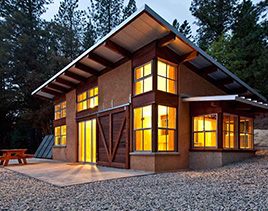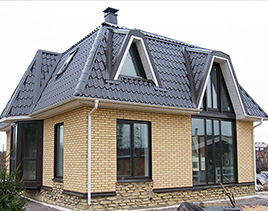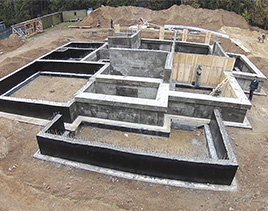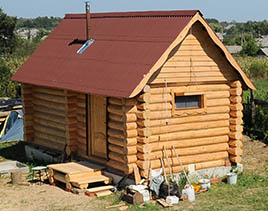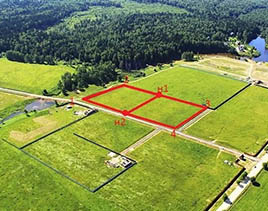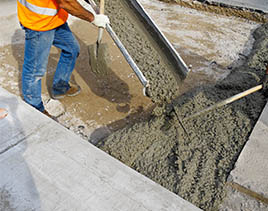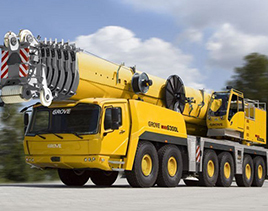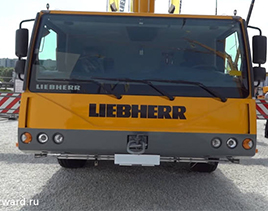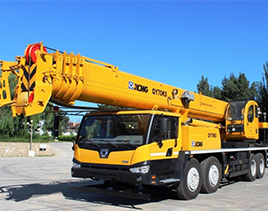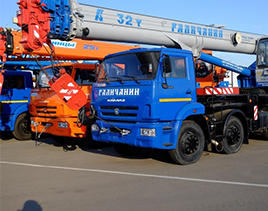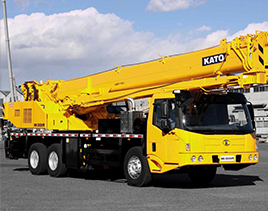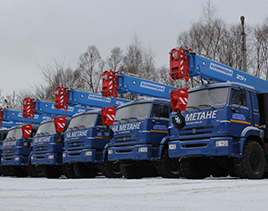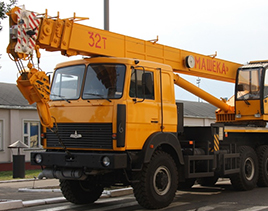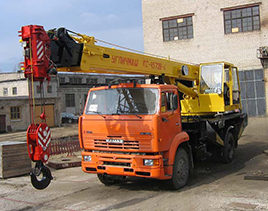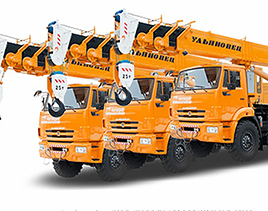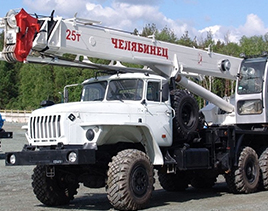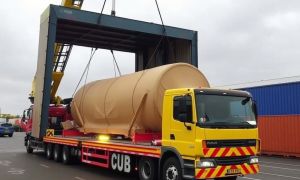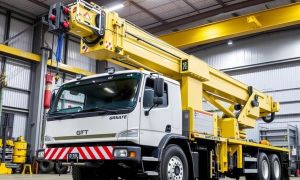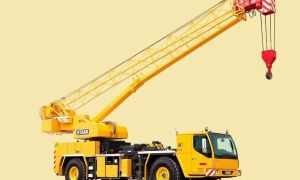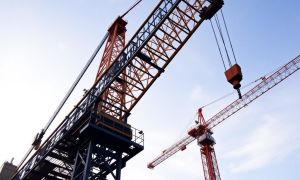When it comes to heavy lifting and construction projects that require flexibility, strength, and mobility, all-terrain cranes are often the go-to solution. These powerful pieces of machinery combine the functionality of rough terrain cranes with the versatility needed for highway travel, making them indispensable for a wide range of industries. Whether you’re working on a large-scale construction site, infrastructure development, or heavy industrial projects, understanding the features and benefits of all-terrain cranes will help you make informed decisions.
In this article, we’ll dive deep into the world of all-terrain cranes, exploring their key features, benefits, and practical applications. Along the way, we’ll discuss why so many industries prefer these cranes over other types and what makes them unique. By the end, you’ll have a comprehensive understanding of how all-terrain cranes can enhance efficiency and safety on your next project.
What Are All-Terrain Cranes?
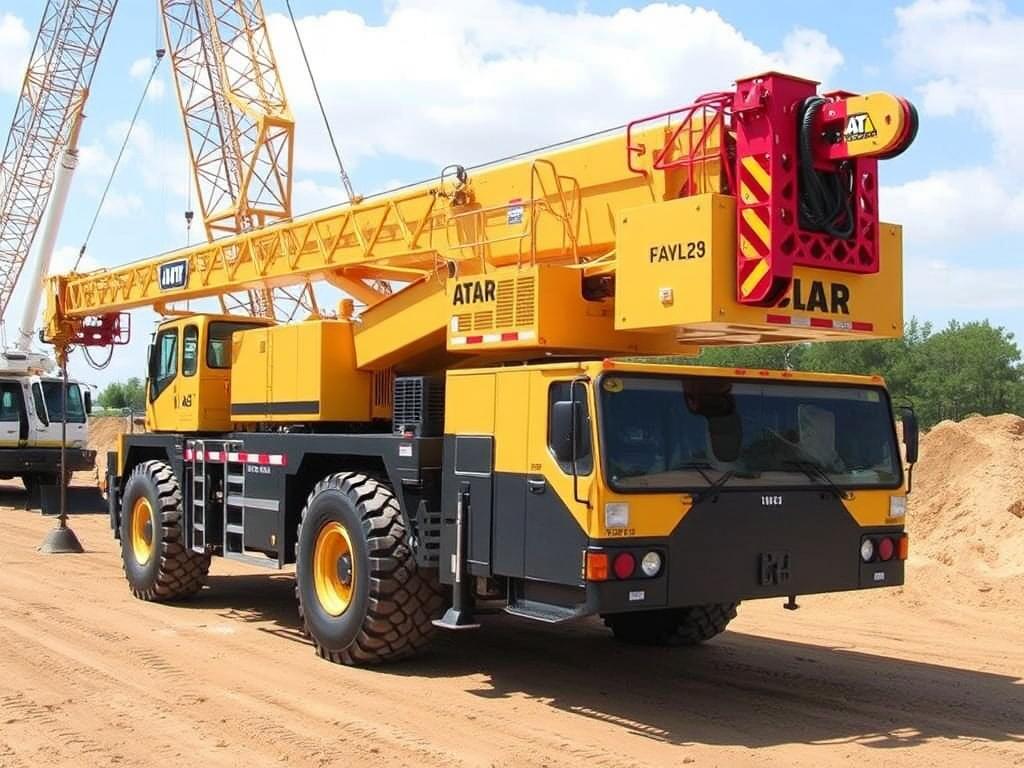
Before we jump into the specifics, it’s important to clarify exactly what an all-terrain crane is. Essentially, all-terrain cranes are versatile lifting machines designed to operate on multiple surfaces. Unlike traditional cranes that may be limited to paved roads or rough terrain cranes built exclusively for off-road conditions, all-terrain cranes merge these capabilities into one.
These cranes are equipped with advanced suspension systems, powerful engines, and specialized tires, allowing them to comfortably travel on highways, city streets, and uneven terrain — hence the name “all-terrain.” They typically feature telescopic booms that can be extended to various lengths depending on the lifting requirements.
Because of this hybrid functionality, all-terrain cranes are highly valued for projects demanding both mobility and lifting power.
Key Features of All-Terrain Cranes
Understanding the features that set all-terrain cranes apart is crucial. Below, we highlight some of the most important characteristics:
1. Multi-Axle Design
All-terrain cranes often come with multiple axles which contribute to their enhanced mobility. These axles help distribute the crane’s weight evenly across surfaces, improving stability during movement and lifting operations.
2. Telescopic Boom
One of the defining features is the telescopic boom which extends and retracts. This flexibility allows operators to adjust the boom length instantly, accommodating different lift heights and radii without needing to disassemble the crane.
3. All-Wheel Drive and Steering
The all-wheel drive system ensures that the crane can maneuver through rough, uneven terrain efficiently while the multiple steering modes (front, rear, crab steering) provide exceptional control. This combination increases the crane’s ability to operate in tight spaces and challenging environments.
4. Hydraulic Outriggers
To ensure stability during lifting, all-terrain cranes are equipped with hydraulic outriggers. These extend from the side of the crane and can be adjusted independently to level the vehicle on uneven ground, preventing tipping during heavy lifts.
5. Powerful Engine and Transmission
Designed for heavy-duty tasks, all-terrain cranes possess strong engines capable of handling both transport and demanding lifting operations. Their transmissions are optimized to provide torque and control necessary for both on-road travel and off-road maneuvering.
6. Advanced Safety Systems
Modern all-terrain cranes come outfitted with sophisticated safety technologies including load moment indicators (LMI), anti-two block devices, and operator cabins with enhanced visibility and ergonomic controls. These safety systems minimize risk and improve operational efficiency.
Table: Summary of All-Terrain Crane Features
| Feature | Description | Benefit |
|---|---|---|
| Multi-Axle Design | Evenly distributes weight across many wheels | Improved stability and mobility |
| Telescopic Boom | Extendable boom with variable length | Flexible lifting at different heights |
| All-Wheel Drive & Steering | Enhanced traction and maneuverability | Capability to operate on rough terrain & tight spaces |
| Hydraulic Outriggers | Adjustable supports for leveling | Increased safety during lifting operations |
| Powerful Engine | High horsepower engine with torque | Efficient transport and lifting of heavy loads |
| Advanced Safety Systems | Includes LMI, anti-two block, and operator controls | Minimized accidents, enhanced operator control |
Benefits of Using All-Terrain Cranes
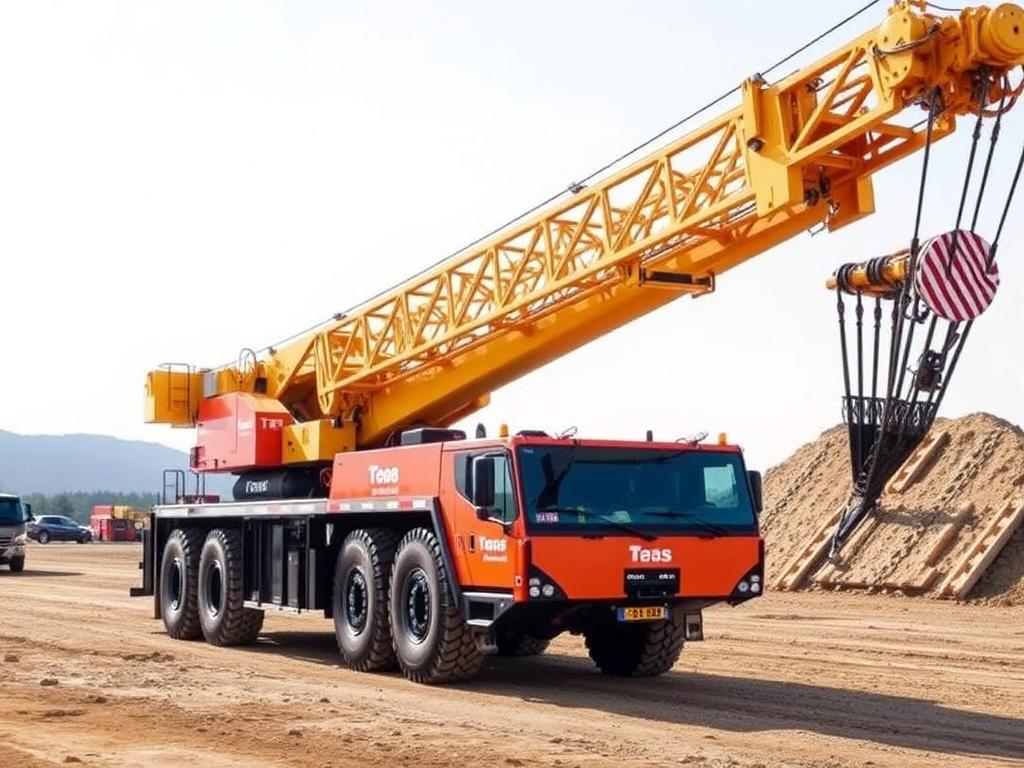
Now that we’ve covered the main features, let’s focus on the many benefits that make all-terrain cranes a popular choice in various industries.
Versatility
One of the standout benefits is versatility. With the ability to travel on both highways and terrain off the beaten path, all-terrain cranes reduce the need for multiple machines. Whether you’re moving between urban sites or remote locations, these cranes can handle both environments, making your projects more streamlined.
Time Efficiency
Because all-terrain cranes can quickly move from site to site without requiring disassembly or separate transportation, you save valuable time. The built-in mobility means less downtime waiting for equipment delivery and setup.
Cost-Effectiveness
Investing in or renting one all-terrain crane often proves more economical than using several different cranes tailored to specific conditions. The multifunctionality not only reduces machinery costs but can also lower labor and logistics expenses.
Improved Safety
Safety is paramount in crane operations and the advanced features of all-terrain cranes contribute significantly. Hydraulic outriggers stabilize the crane under varying conditions, and sophisticated control systems alert operators to potential hazards, reducing accidents.
Enhanced Capacity and Reach
Thanks to their powerful engines and telescoping booms, all-terrain cranes can handle large loads and reach considerable distances. This makes them suitable for lifting heavy materials and placing them precisely where needed, even in challenging locations.
Flexibility in Applications
From construction and infrastructure projects to oil and gas, utilities, and even event setup, all-terrain cranes prove indispensable across sectors. Their ability to adapt quickly to different terrains opens doors to multiple uses without compromising performance.
Comparing All-Terrain Cranes with Other Crane Types
To fully appreciate where all-terrain cranes fit, it helps to compare them with other commonly used cranes, such as rough terrain cranes, truck-mounted cranes, and crawler cranes.
All-Terrain vs. Rough Terrain Cranes
While rough terrain cranes excel off-road with strong 4-wheel drive capabilities, they are generally limited in on-road mobility. All-terrain cranes match rough terrain performance but add the advantage of highway legal travel, allowing them to move between sites without additional transportation.
All-Terrain vs. Truck-Mounted Cranes
Truck-mounted cranes ride on standard trucks making them highly mobile on paved roads but less capable off-road. All-terrain cranes, with specialized suspension and tires, offer better off-road ability while still maintaining road travel advantages.
All-Terrain vs. Crawler Cranes
Crawler cranes have excellent stability and lifting capacity due to their tracked undercarriage and are great for rugged sites. However, they are slow and require transporters for highway moves. All-terrain cranes strike a balance by combining decent lift capability with high travel speed and flexibility.
Table: Crane Type Comparison
| Crane Type | Mobility | Terrain Capability | Lifting Capacity | Best Use |
|---|---|---|---|---|
| All-Terrain Crane | High (off-road + highway) | Excellent both on and off-road | Moderate to High | Flexible, multiple industry needs |
| Rough Terrain Crane | Limited (off-road only) | Superior off-road | Moderate | Off-road job sites |
| Truck-Mounted Crane | High (on roads) | Paved or mild terrain | Low to Moderate | Urban and road construction |
| Crawler Crane | Low (road transport needed) | Excellent off-road | High to Very High | Heavy lifting, rough sites |
Practical Applications of All-Terrain Cranes
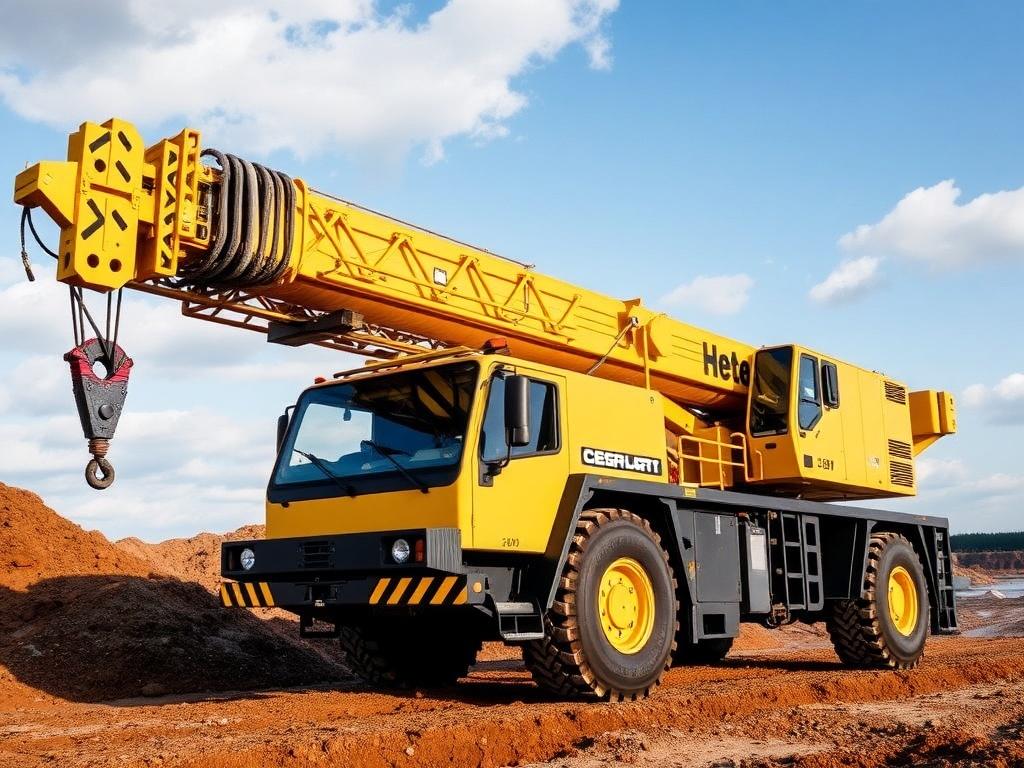
Understanding their features and benefits naturally leads us to consider where all-terrain cranes are most commonly used. Below are several key applications where these cranes shine:
- Construction and Building Projects: Whether erecting skyscrapers or smaller structures, all-terrain cranes offer mobility to span multiple sites and lift diverse materials.
- Infrastructure Development: Bridge-building, roadworks, and power line installations require cranes that navigate uneven terrain and urban environments alike.
- Oil and Gas Industry: Heavy lifting on rough terrain locations makes the all-terrain crane a preferred choice in exploration and pipeline installation.
- Utility Installation and Maintenance: Utility companies use all-terrain cranes to install transformers, poles, and cables in challenging environments.
- Event and Entertainment Setup: Large stages, lighting rigs, and heavy equipment for events can be moved and positioned efficiently with all-terrain cranes.
Each of these applications benefits greatly from the all-terrain crane’s unique balance of mobility, power, and safety.
Tips for Choosing the Right All-Terrain Crane
If you’ve decided that an all-terrain crane is what you need, selecting the right model is crucial for maximizing productivity and safety. Here are some key points to consider:
- Load Capacity: Identify the heaviest loads you’ll need to lift; choose a crane with a margin above this weight for safety.
- Boom Length and Reach: Consider the height and radius requirements tailored to your project.
- Mobility Needs: Analyze the type of terrain and distances between sites to select proper drive and suspension systems.
- Safety Features: Confirm the crane has up-to-date safety systems like LMI, emergency controls, and operator cabins designed for visibility.
- Manufacturer Support and Service: Reliable maintenance and parts availability reduce downtime significantly.
- Budget: Balance upfront costs with operational efficiency to find the most cost-effective option.
Maintaining Your All-Terrain Crane
To ensure your all-terrain crane remains reliable and safe for years to come, regular maintenance is essential. This includes:
- Frequent inspection of hydraulic systems and outriggers.
- Checking tires for wear and proper inflation.
- Testing and calibrating safety devices regularly.
- Lubricating moving parts and inspecting the telescopic boom for damage or wear.
- Conducting engine tune-ups and transmission checks as recommended by the manufacturer.
A well-maintained crane reduces the risk of unexpected breakdowns and costly repairs, ultimately protecting your investment and crew.
The Future of All-Terrain Cranes
As technology continues to advance, all-terrain cranes are becoming smarter and more efficient. Innovations such as remote operation, AI-assisted controls, and eco-friendly powertrains are beginning to reshape the market. Manufacturers are also focusing on lightweight yet strong materials to enhance lifting capacity without compromising mobility.
These developments point toward all-terrain cranes that are safer, more precise, and environmentally conscious. Investing in up-to-date models today can provide a significant competitive edge tomorrow.
Conclusion
All-terrain cranes are remarkable pieces of equipment designed to meet the diverse demands of modern construction and industrial projects. Their blend of mobility, power, and safety features offers unmatched versatility that can save time, reduce costs, and enhance efficiency across a wide range of applications. By understanding their key features, benefits, and practical uses, you are better equipped to select, operate, and maintain these formidable machines. Whether moving from city streets to rugged job sites or lifting massive loads at precise angles, all-terrain cranes stand as reliable partners in building the world around us.

